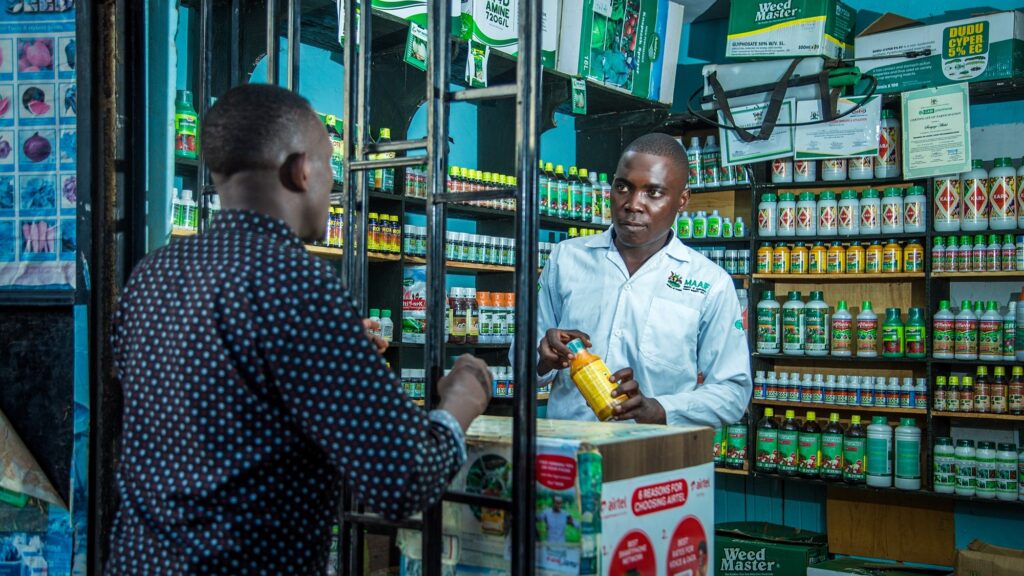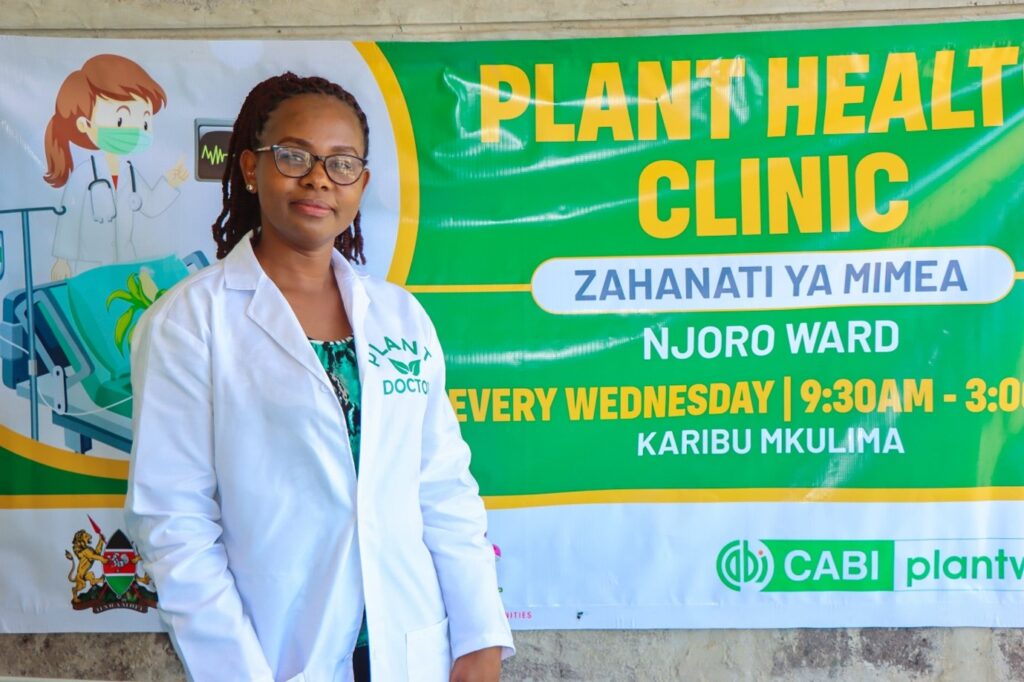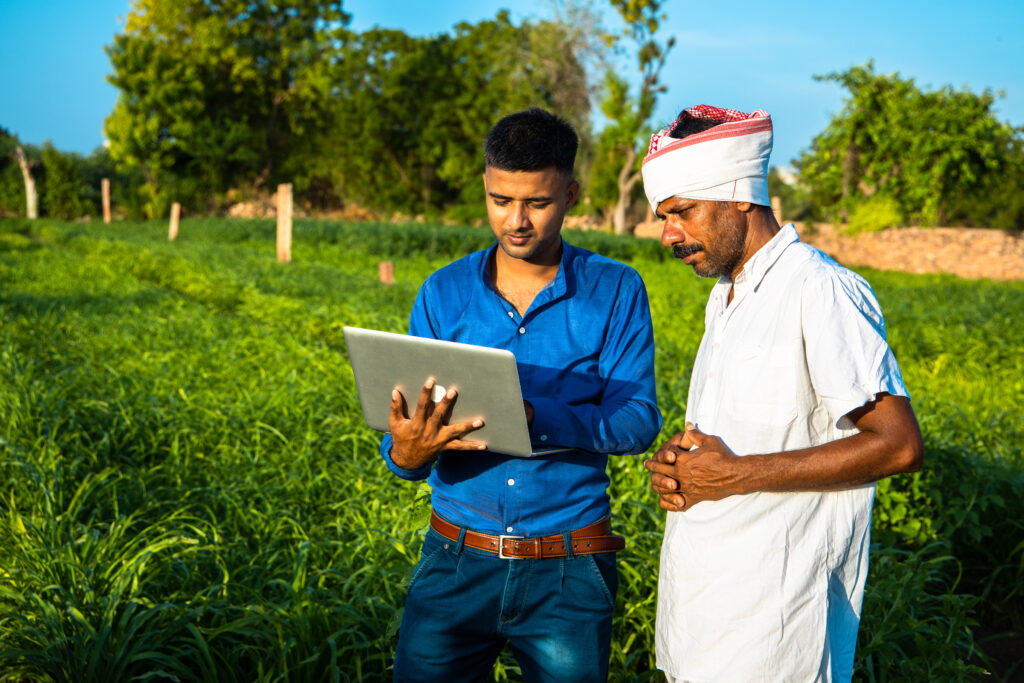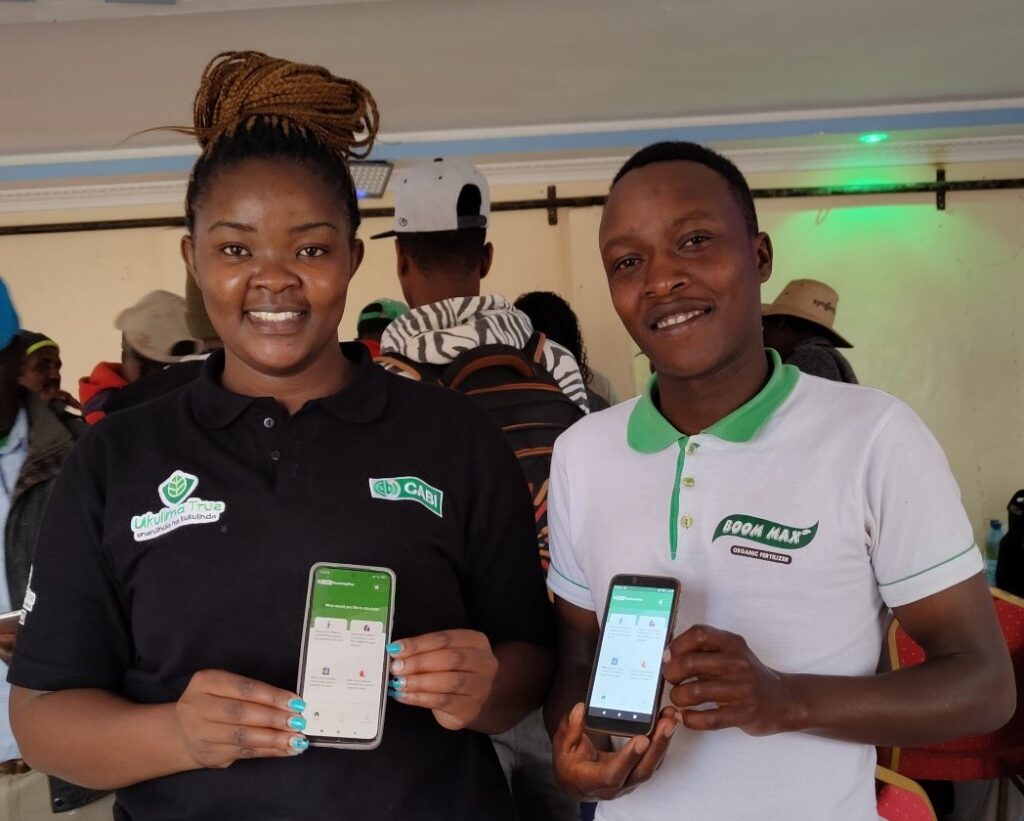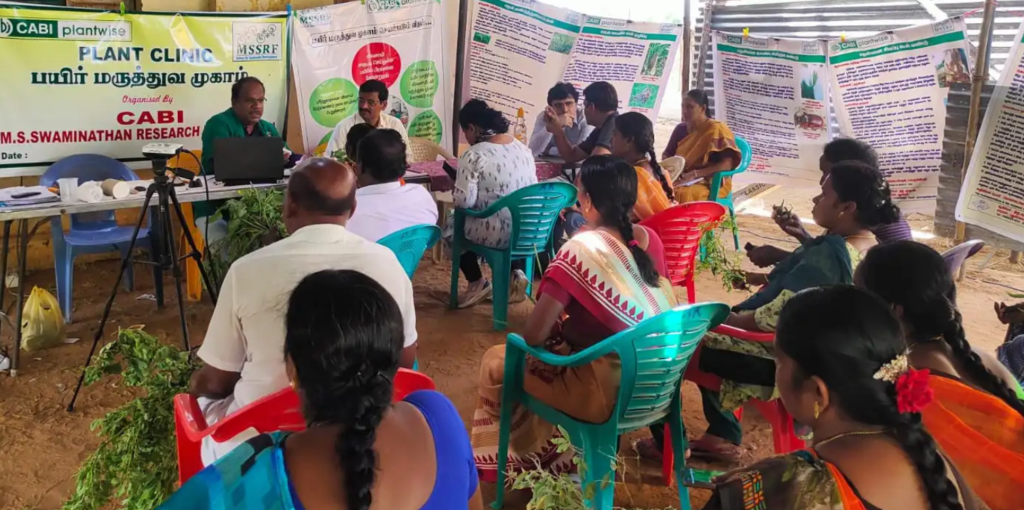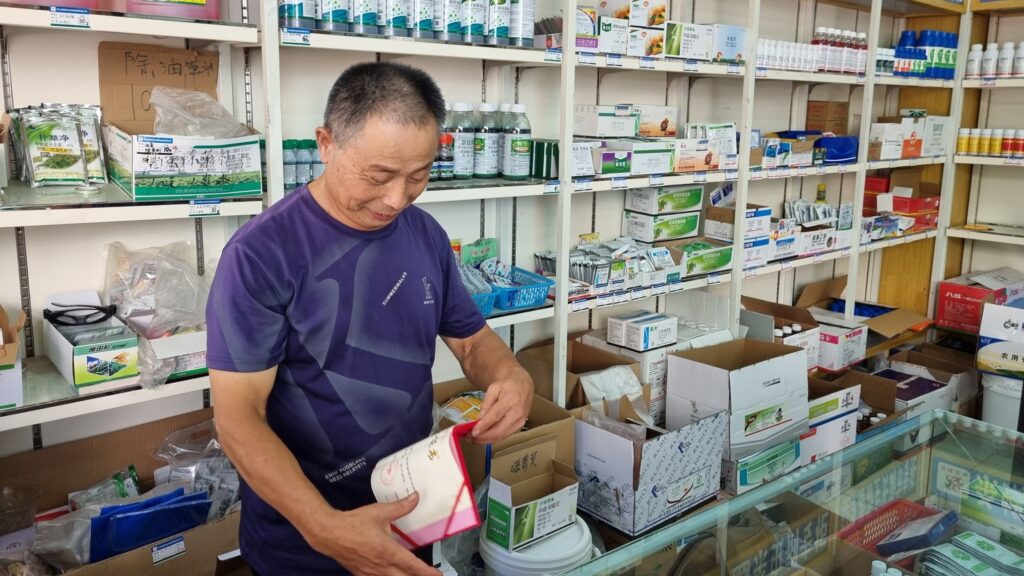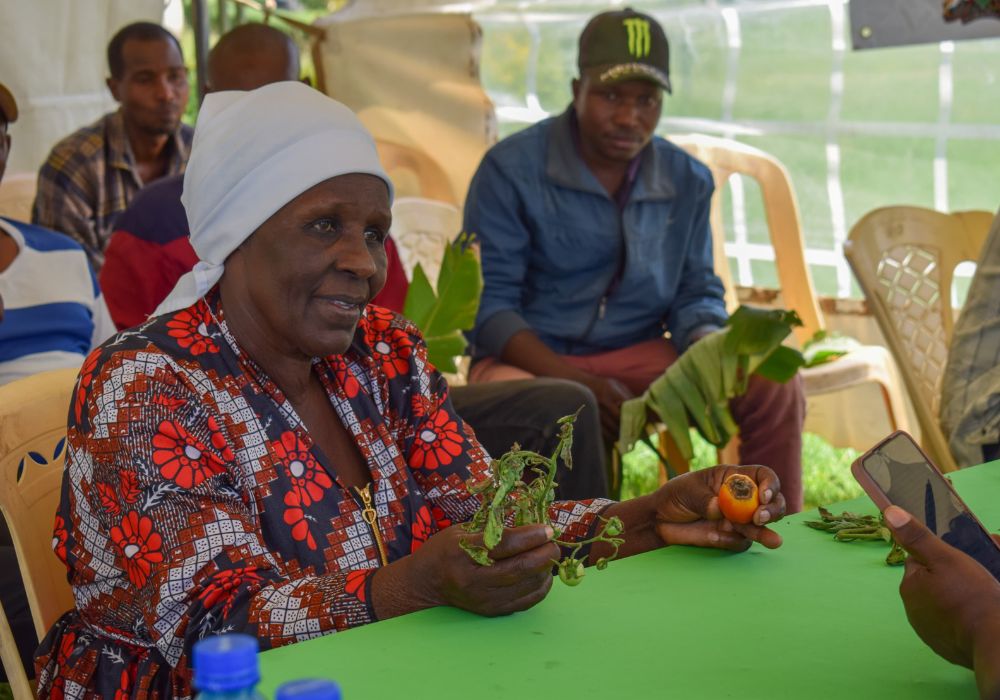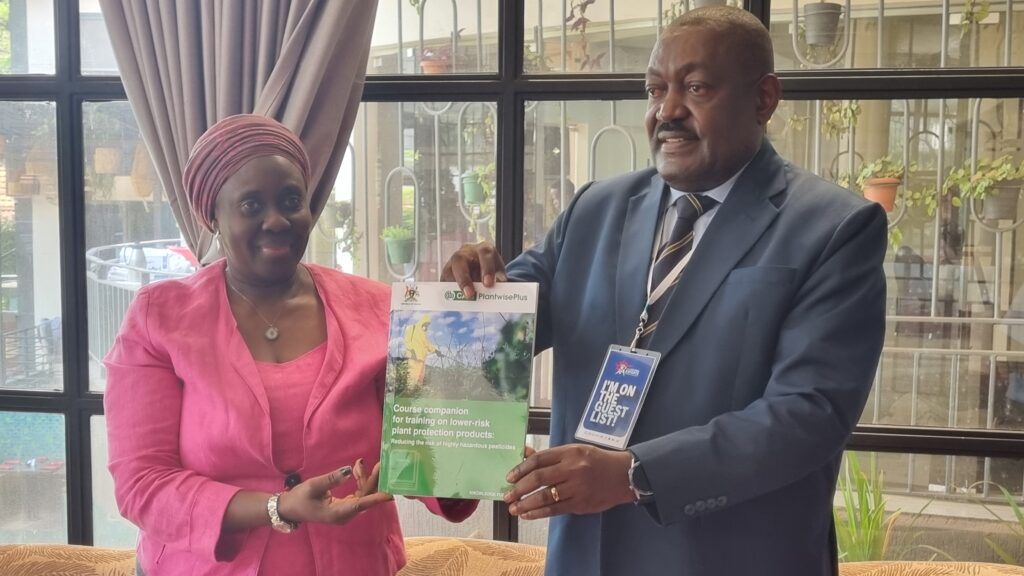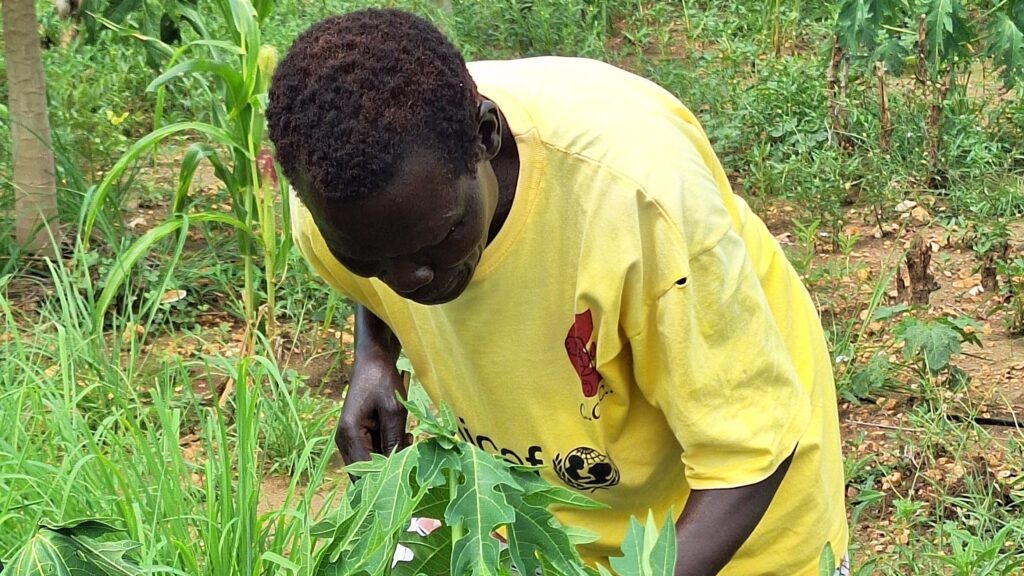How agro-dealer training in Uganda is reducing pesticide risks and making farming safer
Agro-dealers can play a critical role in sharing knowledge about pesticide safety and biopesticides. Misusing chemical pesticides harms farmers, consumers, animals and the environment. However, safe handling of pesticides and the use of nature-based alternatives help to reduce these risks. Nevertheless, many farmers lack access to relevant information. It has been estimated that less than…
PlantwisePlus Knowledge Bank 2024 wrap up
As the new year begins, it’s time to take a look back at the highlights for the PlantwisePlus Knowledge Bank in 2024 2024 in numbers In 2024 there were over 1.8 million visits to the PlantwisePlus Knowledge bank. That is a 3 fold increase in visits from 2023. People from 230 different countries used our…
Safer pesticide use: Voluntary standard for agro-dealers launched in China
On December 26, 2024, Sichuan Province launched a significant initiative: the “Establishment Specification for IPM Promotion Pesticide Stores.” Written in collaboration with local partners and PlantwisePlus, including CABI’s Dr Min Wan, this new voluntary standard aims to reform agro-shop operations in China. Starting January 1, 2025, it promotes safer pesticide use aligned with Integrated Pest…
Empowering agro-dealers: A toolkit for safer and sustainable farming in Uganda
PlantwisePlus has reached a milestone in relations with the government of Uganda. On 14 November, the programme handed over a training toolkit for a module on lower-risk plant protection products to the Ministry of Agriculture, Animal Industry and Fisheries (MAAIF). A team collaboratively developed the resource to help train Uganda’s agro-dealers. It forms part of…

